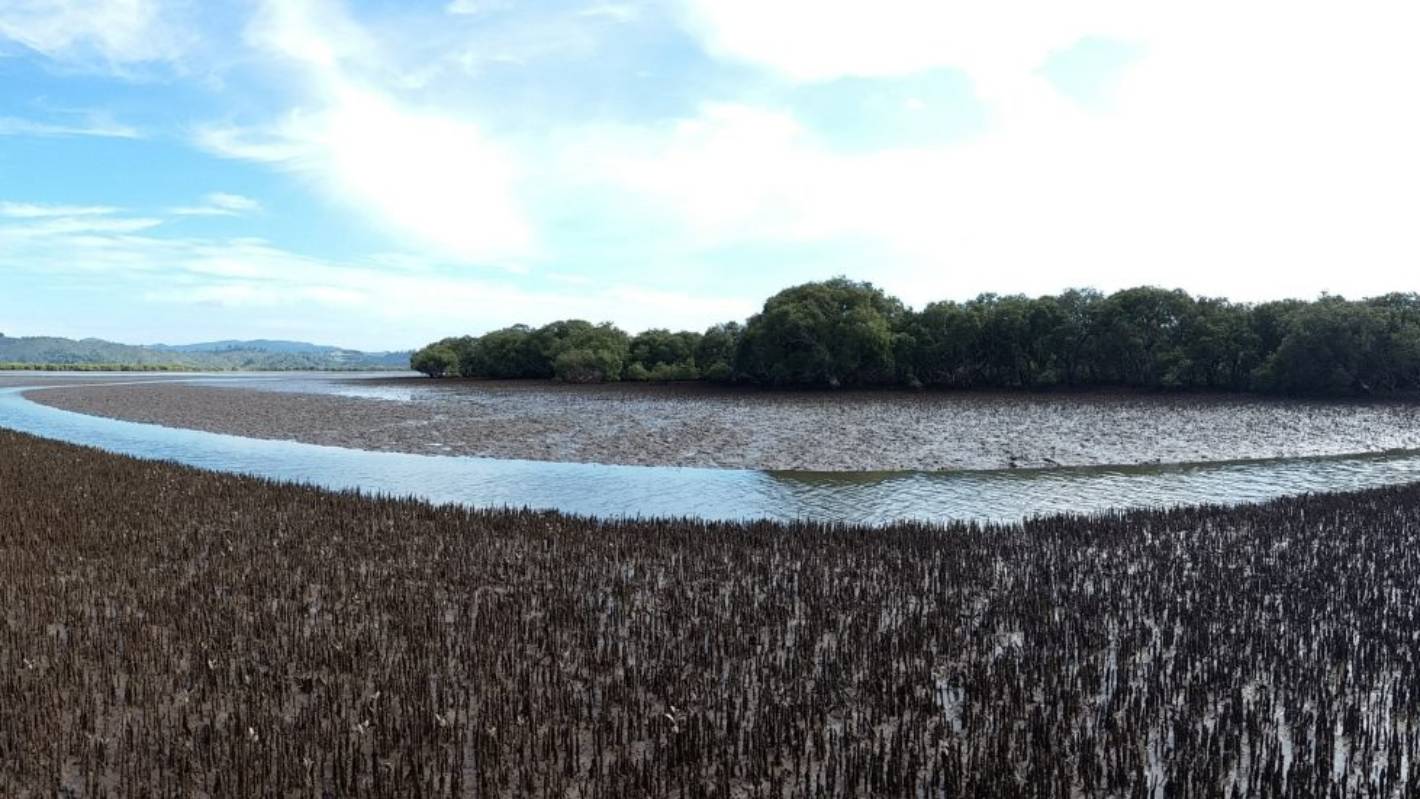A paper published last year examined a raft of apocalyptic climate change predictions: all of which had consistently failed to eventuate. High among them is James Hansen’s notorious 1988 prediction — from his Congressional testimony that in many ways gave birth to the modern, trillion-dollar industry of climate alarmism, despite being in hindsight a cavalcade of laughably wrong predictions — when he predicted that New Yorkers of the 2000s would be taping their windows to keep out the rising seas.
It’s a massive understatement to point out that that hasn’t happened. Not that that’s stopped Hansen from making similarly ludicrous predictions, all the while denying that he’s an alarmist.
Like their godfather, the rest of the climate industry just can’t let go of the rising sea levels hysteria (rivers of taxpayer’s money tend to derange people, it seems). Yet, still the millions of “climate refugees” stubbornly fail to materialise, low-lying nations like Bangladesh continue to remain above the waves (in fact, growing in land area), and a clear majority of islands are either static or growing.
The reason the rising sea level loons are so constantly wrong-footed by facts is that they apparently fail to grasp that the Earth is a dynamic system. Nothing happens in isolation: seas may rise, often dramatically (as happened entirely naturally for the past 15 thousand years or so), but that doesn’t mean that the land or its ecosystems will always sit idly by and drown — as scientists studying the Great Barrier Reef are finding.
“This research was started back in 1928 with an expedition known as the Great Barrier Reef Low Isles Expedition,” Sarah explains. In July that year, a group of British and Australian scientists embarked on an epic expedition to investigate the largest coral reef system in the world. They ended up spending some 13 months exploring the GBR, documenting ocean conditions, investigating the growth rate of corals, and collecting data to learn more about the biological and geological complexities of the more than 2300km-long, almost 350,000sq.km assemblage of coral reefs.
As the 1928 scientists observed, ocean currents carried and deposited sediment, forming cays and islands which became covered with stabilising vegetation, most notably mangroves. In 1973-74, the survey was repeated. It’s now being repeated again. The research of a hundred years shows that, in fact, the islands are growing. Again, largely thanks to the humble mangrove.
Although scientists have long known that mangrove ecosystems play a huge role in nurturing fish populations and buffering shores from storms and ocean surges, it’s only in recent times that scientists have realised how consequential these forests are when it comes to climate change […]
Mangrove trees capture carbon dioxide from the atmosphere and store it in their leaves, roots and branches. When old leaves, branches and dead trees fall to the sea floor, they take the stored carbon with them to be buried in the soil. The term ‘blue carbon’ refers to the carbon stored under water in coastal and marine ecosystems.
It’s only now that scientists are beginning to understand how truly extraordinary mangrove forests are in their ability to store blue carbon. According to Jeff, when it comes to storing carbon, they are virtually unmatched by any other ecosystem on Earth.
The mangrove research also has implications for those unlucky islands that are sinking, especially in Torres Strait. It appears that the culprit may be man-made indeed: but not global warming. Rather than the fault of big “polluting” nations, the issue may be the Islanders’ own destructiveness: deforesting mangroves.
Meanwhile, contrary to the media-left narrative, the Reef — which has endured plenty of dramatic climate changes before — isn’t about to turn up its toes quite yet.
“Sure, the media headlines have portrayed the reef as dying or dead, but that’s an oversimplification, it’s a bit more complicated than that. Let’s not write the reef off just yet.”
Australian Geographic

